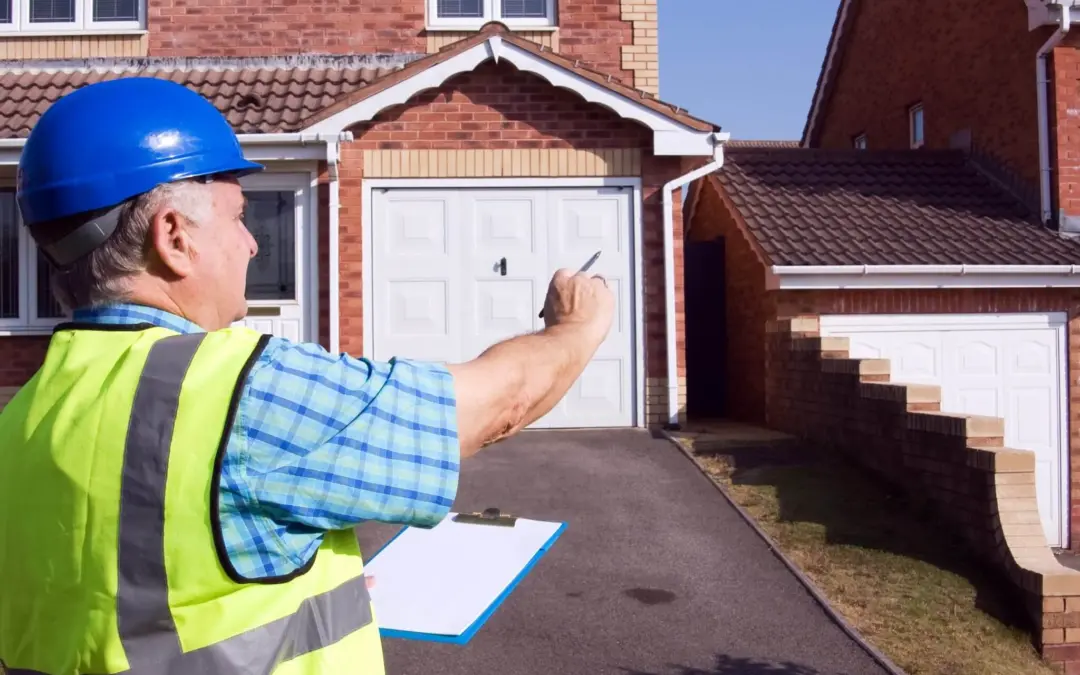When purchasing a new home, understanding its condition is crucial to avoid unforeseen expenses and complications. This is where residential building surveys come into play. These surveys provide a comprehensive assessment of a residential property’s condition, helping buyers make informed decisions.
In this article, we will discuss different types of surveys for residential buildings. Explaining why these surveys are important will be done. Also mentioned some tips on how to choose the best survey for your needs.
Why Residential Building Surveys are Essential
Residential building surveys are essential because they reveal hidden issues that may not be apparent during a standard viewing. Surveys help you know about any issues before buying a property, saving you money on repairs and making sure you pay a fair price.
Types of Residential Building Surveys
Three main types of surveys for residential buildings exist, each with a different purpose and level of detail.
Condition Report
The Condition Report is the most basic type of survey. It provides an overview of the property’s condition, highlighting any urgent defects or significant issues. This report is ideal for newer homes or properties in good condition.
Homebuyer Report
The Homebuyer Report is more detailed than the Condition Report. It assesses the property’s condition and identifies any issues that could impact its value. Suitable for conventional properties that are in reasonable condition.
Building Survey
The Building Survey, also known as a full structural survey, is the most comprehensive. It provides an in-depth examination of the property’s structure and condition, including potential defects and maintenance issues. This survey is perfect for older properties that have had major changes or if you are thinking about renovating.
Detailed Breakdown of Each Survey Type
Condition Report
The Condition Report is designed to provide a snapshot of the property’s current state. It uses a simple traffic light system to indicate the severity of issues:
- Green: No significant issues.
- Amber: Some concerns that need attention.
- Red: Serious defects that require immediate repair.
This report does not include advice or valuations, making it the most affordable option.
Homebuyer Report
The Homebuyer Report includes everything in the Condition Report but goes a step further by providing:
- Valuation: An estimate of the property’s market value.
- Insurance Rebuild Cost: An estimate of the cost to rebuild the property in case of total destruction.
- Property Issues: Details on defects that could affect the property’s value or need urgent repairs.
This report is suitable for standard properties in relatively good condition.
Building Survey
The Building Survey is the most thorough, offering detailed insights into a property’s construction and condition. It includes:
- Detailed Analysing: Comprehensive details about the property’s structure and materials.
- Defects and Recommendations: Identification of defects and suggestions for repairs and maintenance.
- Photographic Evidence: Photos of defects and problematic areas.
- Legal Considerations: Any legal issues that might affect the property.
This survey is ideal for older homes, unique properties, or if you plan major renovations.
Choosing the Right Survey for Your Needs
Selecting the right survey depends on several factors:
Property Age and Condition: Newer properties typically need fewer comprehensive surveys.
Planned Renovations: If you intend to make significant changes, a Building Survey is advisable.
Budget: Surveys vary in cost; consider what you can afford relative to the property’s value and potential issues.
Benefits of Conducting Residential Building Surveys
Residential building surveys offer numerous benefits, including:
Informed Decision-Making: Knowing the property’s condition helps you make an informed purchase.
Negotiation Power: Use the survey report to negotiate the price or request repairs.
Future Planning: Understanding potential issues helps in planning future maintenance and repairs.
Financial Security: Avoid unexpected repair costs by identifying issues early.
Common Issues Identified in Residential Building Surveys
Surveys often uncover common issues such as:
Structural Defects: Cracks, subsidence, or dampness that affect the property’s integrity.
Roof Problems: Leaks, broken tiles, or inadequate insulation.
Plumbing and Electrical Issues: Outdated or faulty systems that need upgrading.
Damp and Mould: Indications of water ingress or poor ventilation.
Conclusion
Homebuyers benefit from residential building surveys, which offer important information about a property’s condition and prevent unexpected expenses. By understanding the different types of surveys and their benefits, you can choose the right one to ensure your investment is sound.
At TPD Solutions, our experienced registered building surveyors conduct expert residential building surveys. Our surveyors in Ireland are members of the Society of Chartered Surveyors Ireland (SCSI). They dedicate themselves to giving you peace of mind. Get in touch with us today to schedule a pre-purchase survey and feel confident about your next property purchase.

